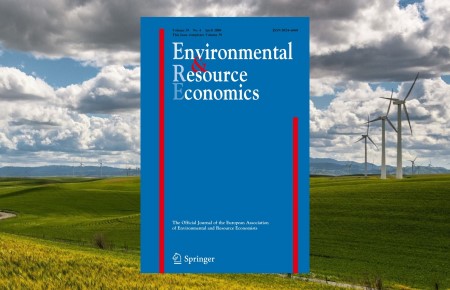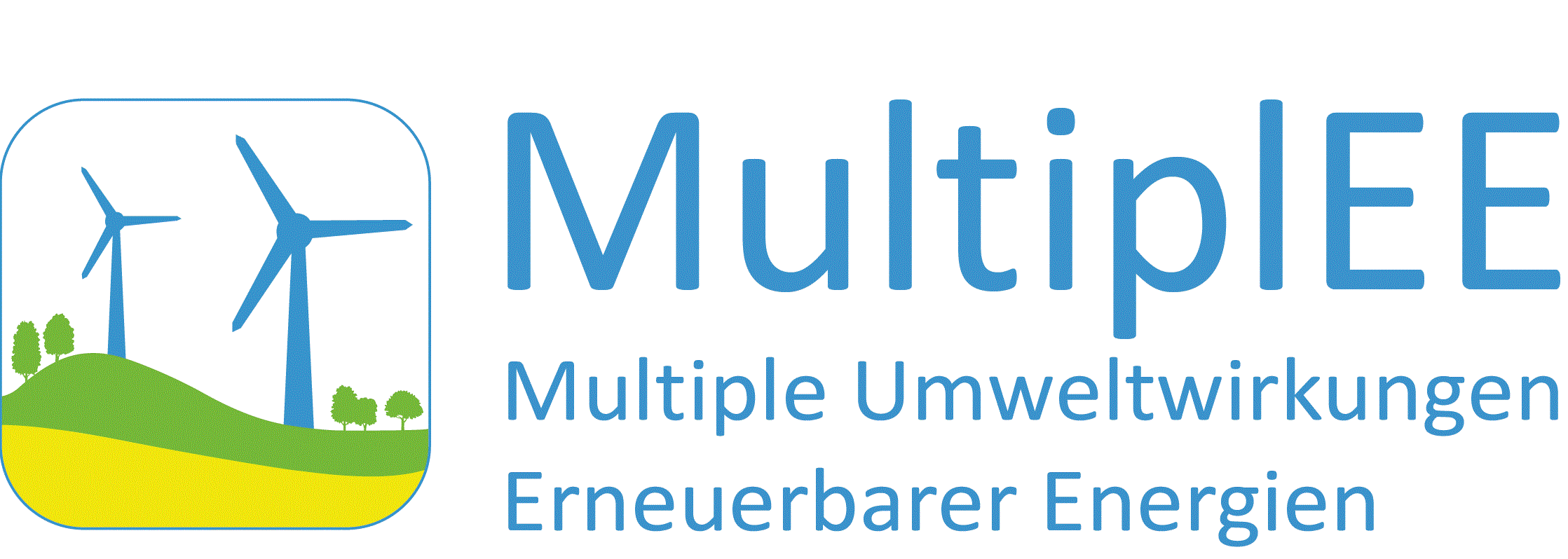Abstract: To decarbonize the power sector, policy-makers need to commit to long-term credible rules for climate and energy policy. Otherwise, risk of opportunistic policy-making will impair investments into low-carbon technologies. However, the future benefits and costs of decarbonization are subject to substantial uncertainties. Thus, there may also be societal gains from allowing policy-makers the discretion to adjust the policies as new information becomes available. We examine how this trade-off between policy commitment — either unconditional or state-contingent — and discretion affects the optimal intertemporal design of market-based instruments in the power sector. Using a dynamic partial equilibrium model, we show that commitment to a state-contingent level of ambition for the market-based instrument leads to higher welfare than both unconditional commitment and discretion. With benefit uncertainty, the choice between the practically more feasible approaches of unconditional commitment and discretion is analytically ambiguous. A basic numerical illustration suggests that policy discretion may outperform unconditional commitment in terms of welfare. However, this result is reversed when only a limited fraction of benefit uncertainty resolves in reasonable time, when future policy-makers have own agendas, or when investors are risk-averse. With cost uncertainty, policy discretion is welfare-superior if the government can commit to a technology deployment target.

Florian Habermacher & Paul Lehmann: “Commitment Versus Discretion in Climate and Energy Policy”. Published in Environmental and Resource Economics. Learn more about the article.
Further recent publications of the junior research group can be found here.



